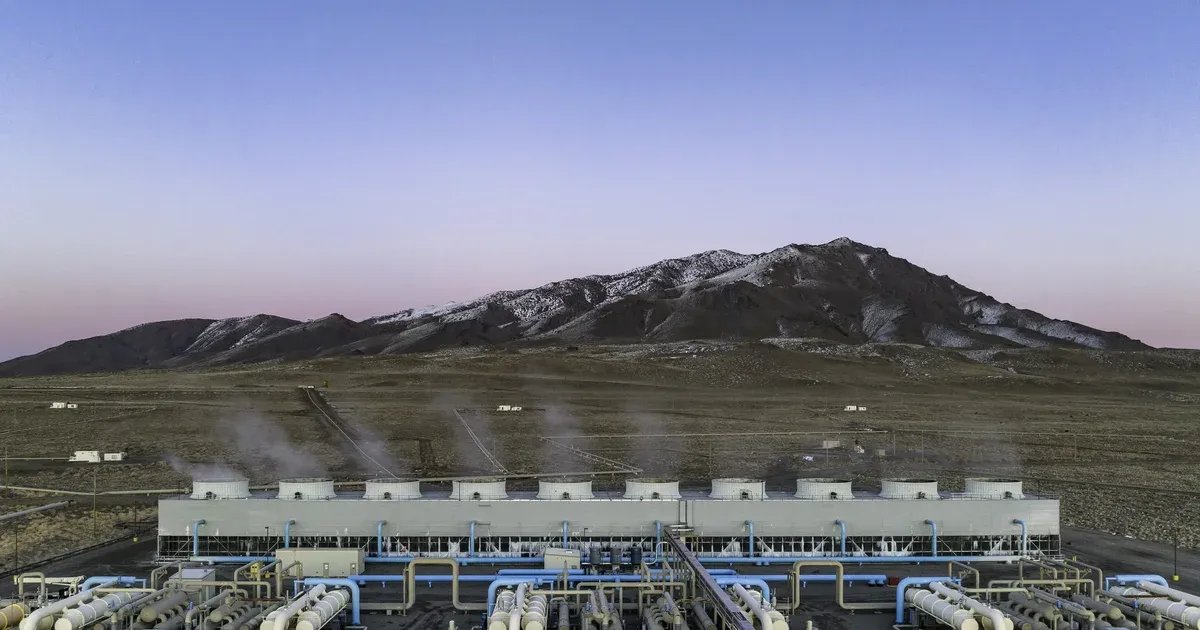Google’s reasoning for its increased emissions was due to developing generative AI (Gen AI), a type of AI that can create new content such as images, text, music, videos and audio. It uses machine learning and natural language processing (NLP) to respond to prompts and solve problems for the user.
Despite the technology being immensely popular within the global business landscape, it uses incredibly large amounts of power and energy – giving giants like Google the significant challenge of trying to curb their energy usage.
Keeping AI data centres sustainable
Newly developed AI data centres are hotly debated, as environmental concerns rise around the world. With more customers than ever before looking to house their data, the industry has continued to expand – leading to initiatives to ensure sustainable development being drawn up around the world.
Google is entering the fold with such ambitions, with Sundar Pichai stating that the company is considering whether it should power its data centres with nuclear power plants. According to Business Insider, he says the company was considering if nuclear power and technologies like small modular reactors (SMRs) could be used to power its facilities.
“For the first time in our history, we have this one piece of underlying technology which cuts across everything we do today,” Pichai said. “I think the opportunity to do well here is something we are leaning into.”
As Google considers new ways to meet energy demands for its Gen AI initiatives, it is hoped that it continues to consider carbon-free power sources.
With data consumption growing more locally, Google has revealed its plans to continue expanding these technologies across the world. Notably, in Asia, the tech giant revealed back-to-back plans to build more data centres and cloud regions in both Thailand and Malaysia in investments totalling more than US$3bn over the next six years.
With a recent surge in data centre construction across Southeast Asia, Google is hoping to bolster its presence in the region and offer more public sector organisations and businesses the chance to leverage on-demand compute and AI.
With the growth of local data consumption and the need to adopt technologies such as AI and cloud computing, there has been a surge in data center and cloud region construction across Southeast Asia in recent years.
******
Make sure you check out the latest edition of Data Centre Magazine and also sign up to our global conference series – Tech & AI LIVE 2024
******
Data Centre Magazine is a BizClik brand

